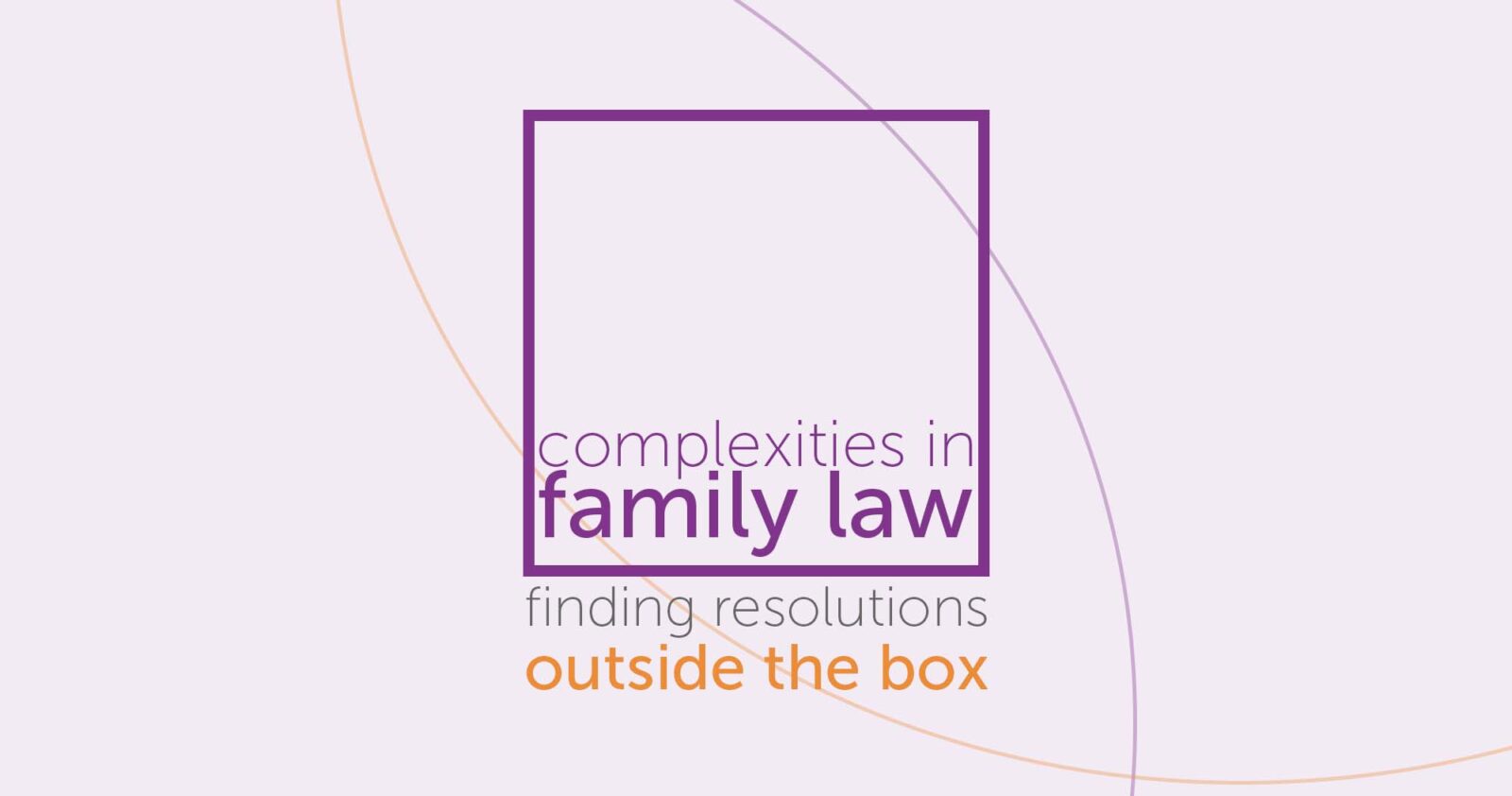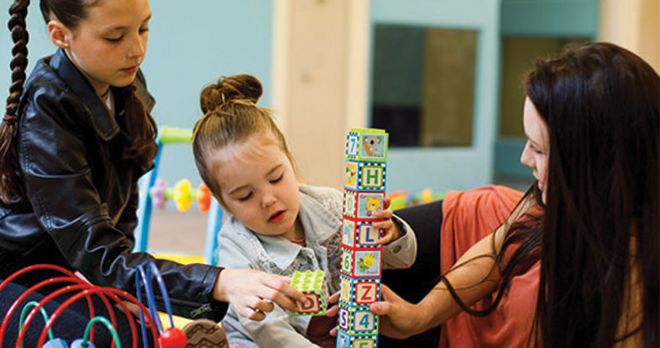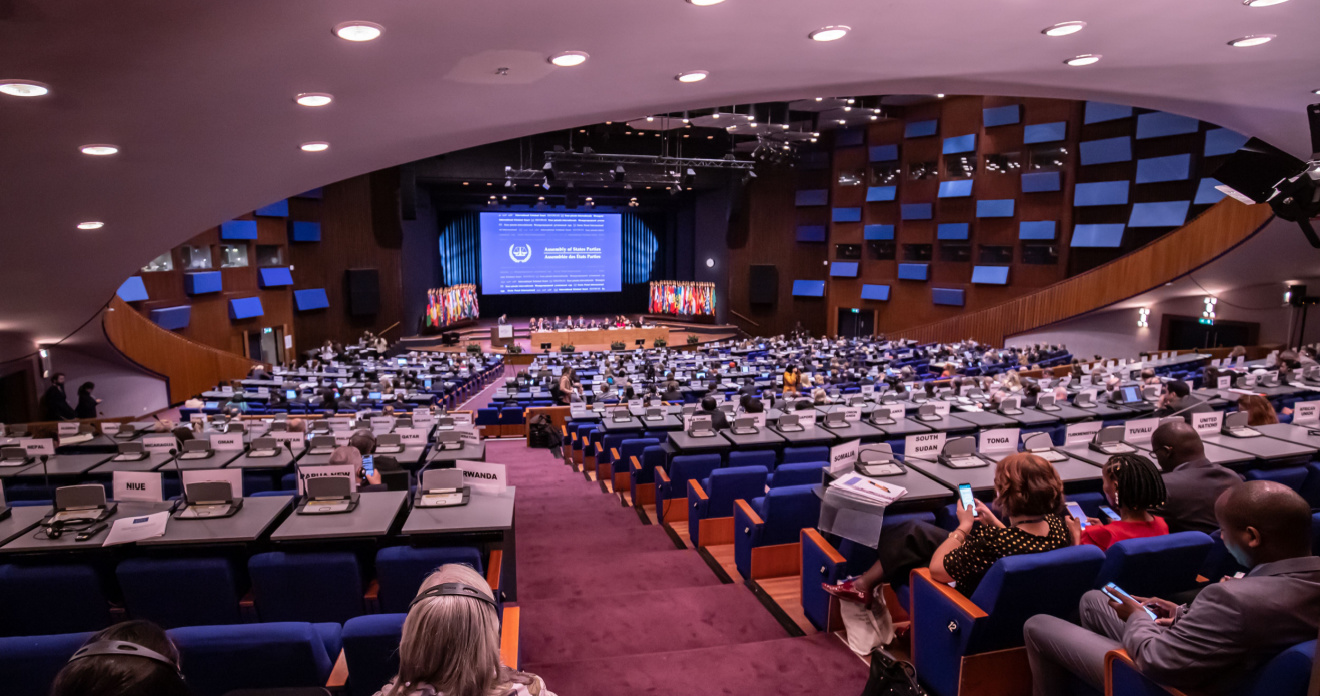

Children dispute lawyers.
We're here to protect your children and resolve family challenges. We want to get to know you to better understand concerns, and work together to achieve the best possible outcome.
Call our family lawyers today
Let’s work together to put the needs of children first.
Every child is unique, so we approach each case sensitively, avoiding any unnecessary court action.
As recognised experts, we want to succeed together so take time to listen and understand the needs of you and your children.
Cost effective and confident in our ability, our experienced team supports clients with issues surrounding; Child arrangements payments, Social services, Care proceedings, Mediation, Court orders and more.
We aim to limit court interaction and its associated stress. We provide you with all the detail you need to fully understand challenges and answer any questions you may have.
Child maintenance
Ideally, you’ll be able to agree child maintenance payments directly with your partner as this is the quickest and cheapest way. But sadly, this isn’t always possible. We ensure that the fair amount is paid with your partner to help contribute towards necessary living costs.
Child maintenance is usually paid by the parent who the child is not living with for the majority of the time. A child is defined as being under the age of 16, or under 20 and still in full-time education (A levels or equivalent).
If you and your partner are unable to agree the level of maintenance payments, an application can be made to the Child Maintenance Service (CMS) who will decide how much the payments should be. In some exceptional circumstances (eg. if a child has a disability) an application can be made to the court and we can guide you through this process.
How do child maintenance payments work?
The CMS charge for their involvement and base their calculations on the paying party’s gross income. You may get free and impartial advice from Child Maintenance Options by calling their free Helpline on 0800 988 0988 or visiting their website.
Arrangements for your children
As a parent you know your child’s needs better than any court. That’s why whenever it comes down to a dispute over where a child lives or who they get to see we always encourage you and your partner to reach an agreement, rather than have a decision imposed on you by a judge. Litigation is an uncertain process and one over which you have little control, so you should see it as a last resort.
We have many years’ experience of providing advice in respect of living and contact arrangements and successfully helping parents to avoid unnecessary and stressful court action.
Family mediation is less formal and intimidating than the court process and the decisions ultimately rest with the parents. Our family solicitors and mediators will help you reach an agreement outside the court, bringing benefits for all involved.
If your only remaining option is to go through the courts, then our solicitors can guide you through each stage of the process. Helping you reach a solution for you and your children with the minimum of stress.
Parents can’t always agree about what’s best for their children – so disputes can arise which affect everyone involved. For example, you might fundamentally disagree about your children’s welfare, ranging from who they live with or have contact with, to the school they attend or whether they can leave the UK on holiday. Seeking a court order is sometimes the only way forward and we will be happy to advise you if this is the case and guide you through the process.
Social services and care proceedings
Nobody wants to separate children from their natural parents. However, the Local Authority need to protect vulnerable children and this almost always puts them in conflict with parents. This makes child care proceedings complex and stressful, particularly for children. We will make sure that your views are always represented strongly and clearly.
The different elements of child care proceedings:
The Local Authority will normally start off with an assessment of the parents’ ability to care for the child. The court will appoint a guardian to represent the child’s interests and will often get expert opinions from a child psychologist or psychiatrist. A care order will only be issued if the children cannot be protected in any other way or cannot be placed with extended family.
A final care order can have a big effect on your life – and that of your child – so you should always ask for advice from a child care solicitor. However, you needn’t worry about the cost because public funding is available for all parents in child care proceedings. Before anything else happens, the local authority usually sends out a letter to invite the parents to a pre-proceedings meeting. It’s vital that you respond and take a solicitor along with you because professional advice and guidance can often help you understand the issues and help you find ways of resolving them.
Frequently asked questions about children’s law
If you are unable to reach an agreement with your ex-partner, it may be that you are able to negotiate matters via solicitors. However, if you are unable to come to an agreement for the arrangements moving forward, you are required to attend mediation, before proceeding with an application to the Court. There are certain exemptions to mediation and we can advise if the exemption is applicable in your case.
If matters cannot be agreed in mediation, you, or if requested, your solicitor, can be sent the necessary paper work to make an application to the Court for an order. The Family Court can make various orders in respect of a child’s welfare including:
- Child Arrangement Order: setting with whom a child should live
- Child Arrangement Order: setting out what time a child should spend with the person with whom they do not live
- Prohibited Steps Order: preventing a parent from allowing certain things to happen in respect of the child
- Specific Issue Order: orders deciding certain issues, such as what school a child should attend or medical treatment.
When the Court is reaching a decision, it must take into account various factors under what is known as the ‘welfare checklist.’
This includes:
- The ascertainable wishes and feelings of the child concerned (considered in light of their age and understanding)
- Their physical, emotional and/or educational needs
- The likely effect on them of any change in their circumstances
- Their age, sex, background and any characteristics of which the court considers relevant;
- Any harm which they have suffered or is at risk of suffering
- How capable each of their parents and any other person in relation to whom the court considers the question to be relevant, is of meeting their needs.
We can advise on your specific circumstances and the steps the Court are likely to take.
- Top tier firm of family lawyers
- Free no-obligation consultation
- We'll get back to you in one working day
- Specialist legal representation
Call our specialist family solicitors today

Complexities in family law - thinking outside the box
Is it time that we all started thinking outside the box?
How can families in need of support continue to seek resolutions when so much is changing around them? Is it time that we all started thinking outside the box?























